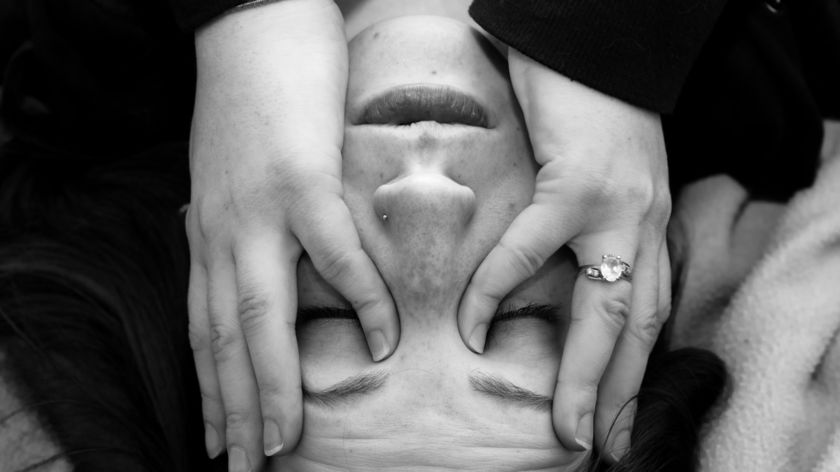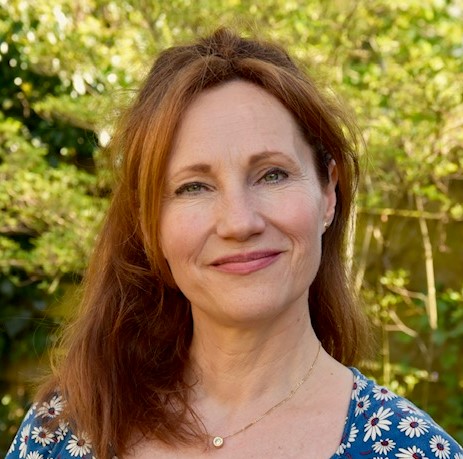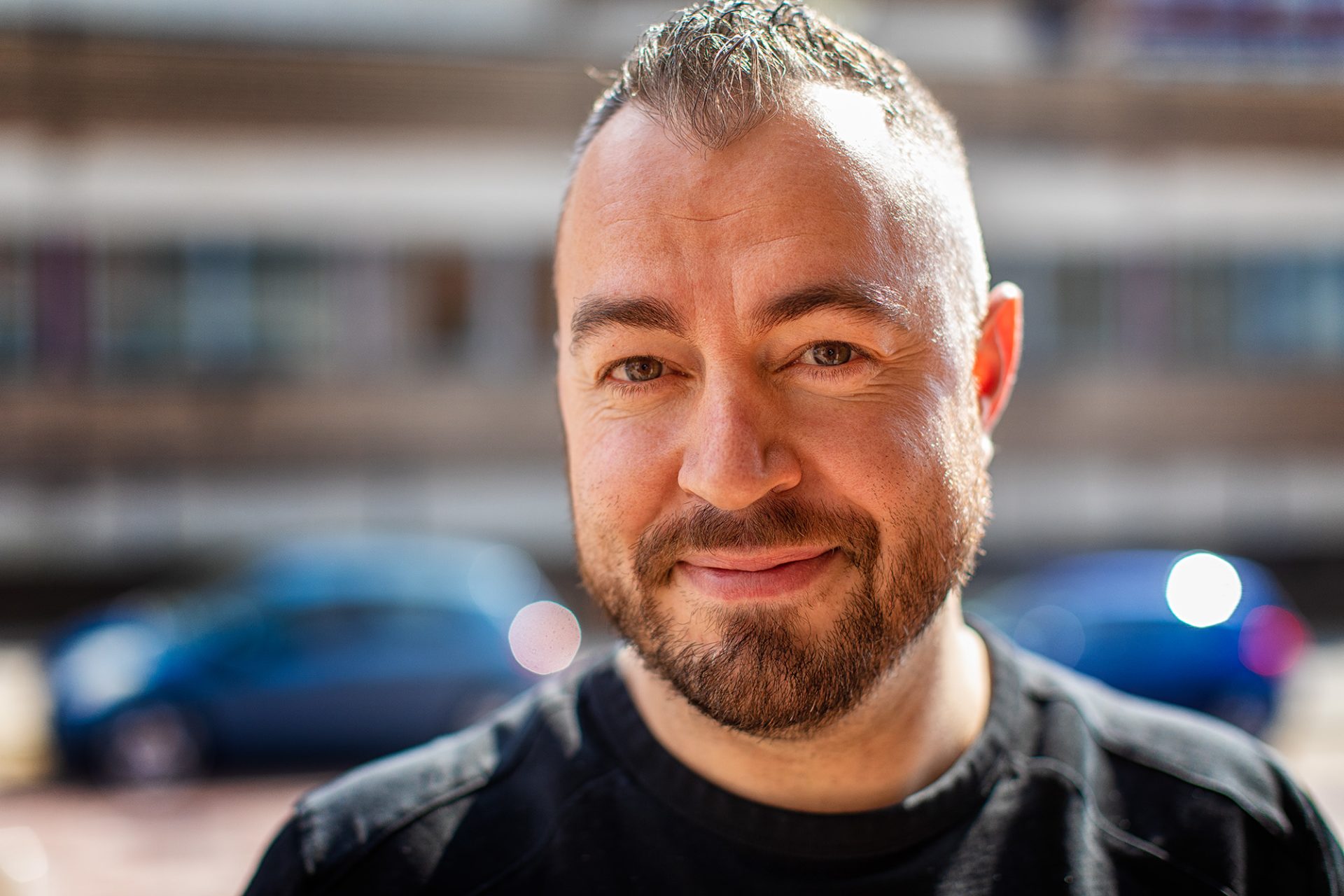-
 Image or illustrative purposes. Photo: John Grimm, Creative Commons
Image or illustrative purposes. Photo: John Grimm, Creative Commons
A lack of sleep, a lack of concentration, cancelling more and more appointments. These can all be signs of a burnout in the making. Many students deal with it over the course of their studies. During Radboud University’s Wellbeing Week, mental health takes centre stage.
Roughly 60 percent of students experience unhealthy doses of stress on a regular basis. That is cause for concern, according Sabine Geurts, professor of Work and Organisational Psychology. ‘We want students to be well prepared when they enter the workforce. We have to prevent a whole generation from starting their career already exhausted.’
Geurts is investigating the relation between health and work. She states that chronic stress can lead to a burnout. It often starts with exhaustion, lack of sleep, or lack of motivation; these can be followed by headaches, heart palpitations or infection. ‘If you ignore the early warning signs, you can wind up with so many ailments that you’re virtually incapacitated. At that point even a visit to the supermarket can be too much to bear.’ According to Geurts, once you reach that stage, just taking a rest won’t suffice; it often requires professional help.
Constant Headache
Psychology student Gwendolyn Hermans (21) was diagnosed with a burnout six months ago. For the longest time she had no idea what was going on. ‘I thought it was Corona that was making me feel off, until my then-boyfriend said: I think you’re depressed. That’s when I found out I showed the symptoms of a burnout. It was a real eye-opener; I cried really hard. I was very scared, because I’d heard stories about burnouts, and I thought: is this going to get worse?’
‘The people around me were walking on eggshells’
She pulls out a list of her symptoms. ‘I’m not very good at remembering everything; that’s one of the issues.’ Hermans says that she had been dealing with mood swings for a while. ‘My level of annoyance could go from 0 to 100 in the blink of an eye; the people around me were walking on eggshells.’ She also found it difficult to make decisions and didn’t feel like doing things that she normally enjoyed. ‘I really had to drag myself to football practice, and I started cancelling on friends more and more often. That was partly because I had near-constant headaches.’
Hermans thinks that her burnout was a long time coming. ‘I have high expectations for myself and an endless to-do list.’ In the end, things went sideways through a combination of factors. ‘I was doing a board year with my study association; I started taking the pill; I just moved into a new room; and I still needed to get my BSA. Then Corona happened, and all of a sudden I was sitting in front of my computer all day, cooped up in a messy room that I couldn’t manage to clean up. I was inside my own head a lot.’ Gwendolyn has been seeing a therapist for the past six months. ‘She told me: with everything you have on your plate, you were bound to get a burnout eventually. At least you got it now rather than at age fifty; now you can still learn from it.’
Collective Stress
While the personal approach is all well and good, Sabine Geurts says that we shouldn’t individualise stress too much. ‘That makes it seem like the person themself is to blame, while collective stressors (causes of stress, ed.) such as the student loan system, the binding study advice and harsher entry requirements affect many students. These increase the pressure to graduate quickly and avoid making bad decisions. According to Geurts, many students feel that they have to do all sorts of things. ‘That they need a lot of work experience or experience abroad, in order to have a chance at a decent job, for example. In that case you’re preoccupied with what is expected of you, rather than what you yourself want.’
Geurts thinks that social media play a part in this. ‘As soon as someone finds a nice internship, for instance, you find out online. If you haven’t yet found one, that can make you restless. It’s better to avoid letting that Fear of Missing Out (FOMO) lead you astray. However, this becomes difficult when employers are very demanding.’ Hermans also believes that students feel pressured to make the most out of their university life. ‘You don’t want to look back and think: all I did was study. You hear stories from people who wound up with jobs because they did a board year, which makes you want to do similar things in addition to your study. But in the meantime, you have to perform because you only get one retake per subject.’
More Fun
Geurts thinks that it is a good idea to look critically at study loads. ‘The past few years saw the addition of a lot of examinations and assignments. That puts a lot of pressure on both students and teachers. We need to ask ourselves if all of that is really necessary for safeguarding the quality of education.’
Students’ mental wellbeing has received increasing attention from the university; there is now a burnout-prevention group, as well as one-on-one mentoring. Student psychologist Andres Galipò thinks the Wellbeing Week’s theme ‘Dare to Fail’ is very important. ‘Making mistakes is a fundamental part of learning. Trying things is what student life is all about. It’s also good to do things simply because you enjoy them.’ Galipò hopes that students will sound the alarm if they’re not doing well. ‘A burnout can sneak up on you, so take the time to talk to the people around you about how you’re feeling.’
Galipò saw more students with signs of depression during the Corona period than any other time. ‘This was partly due to the monotonous screen-staring. Additionally, the feeling of having to do everything by yourself can worsen stress.’
Gwendolyn Hermans is doing much better now. ‘Being able to go to the pub and the university again certainly helped. Unfortunately, my classes are all still online, because the in-person seminars were already filled up.’ However, she has more than enough extracurriculars. ‘I’m starting my third board year soon. I’m still doing a lot of things at once, so sometimes I wonder whether or not that’s a smart move. But it also energises me, which makes it easier to make it through the days when I have to study.’
Wellbeing Week
Radboud Universities is holding the Wellbeing Week from October 4th to October 7th, with the theme ‘Dare to Fail.’ Over the course of the week, you can attend workshops, follow lectures, or participate in various activities, all with subjects like stress, performance anxiety and the fair of failure. You can click here for the full schedule or to sign up.
Additionally, October will see the launch of the Healthy Student Life study, which will investigate student wellbeing. Sabine Geurts is one of the leaders of the project. Every student will receive an invitation via email.






